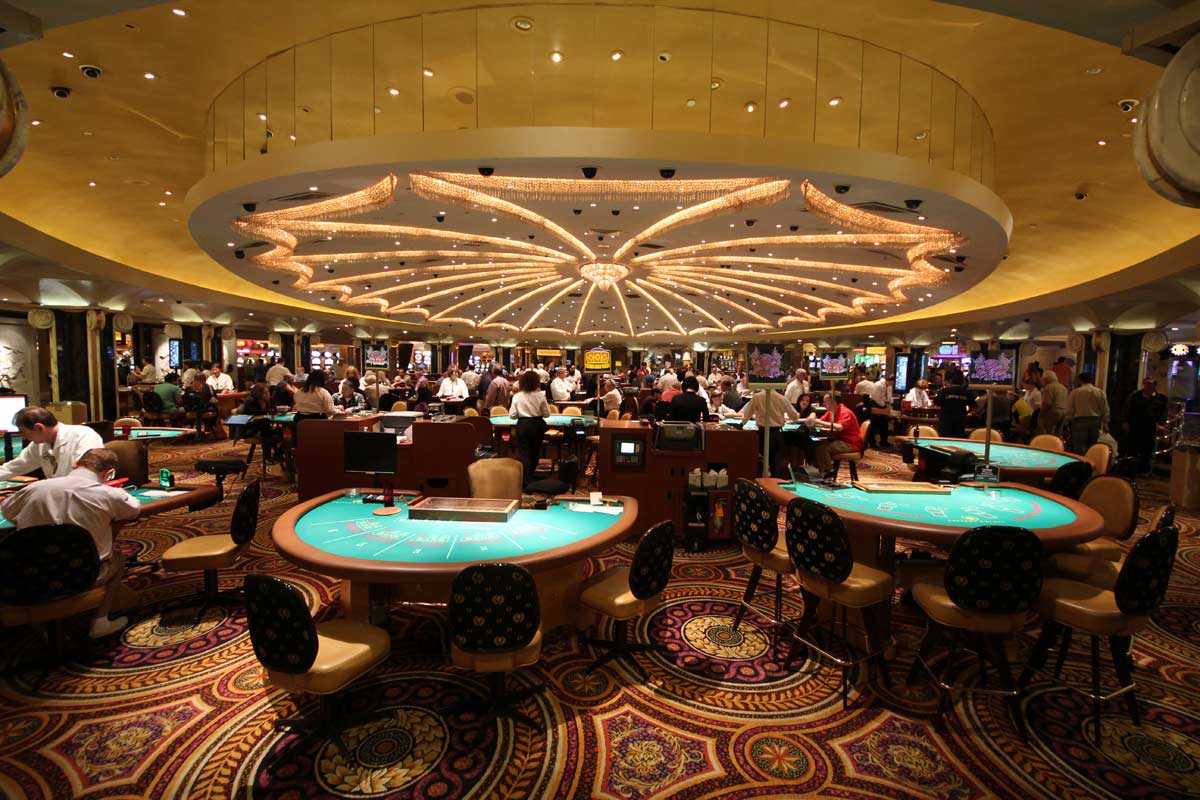Gambling games have consistently attracted a diverse audience, offering not only the thrill of chance but also a unique experience tailored to different player types. Ranging from strategic players who thrive on skill and calculation to recreational players seeking entertainment, casinos understand the details of their audience and design games that cater to these diverse interests.
In delving into the universe of casino gaming, we find a rich tapestry of options that interest players of all kinds. Poker tables with high stakes entice competitive individuals, while vibrant slot machines draw in individuals in search of instant gratification. Whether it’s the chance to win big or simply relishing the social atmosphere, casinos design their game offerings to ensure that all players find a place where they feel comfortable and engaged. Comprehending how these games cater to various player types can enhance not only our enjoyment of them but also how we approach selecting which games to play.
Comprehending Player Types

In the varied world of casino entertainment, gamers can be classified into separate types based on their incentives and preferences. These participant kinds range from the casual and social gamers, who enjoy the fun value and social engagements that gambling provides, to the more strategic and methodical players, who seek to increase their odds and profits. Understanding these different player types is essential for casinos to tailor their offerings and build immersive settings.
One common category is the communal player, who views casino games as a form of social interaction and enjoyment rather than a serious gambling pursuit. These participants often enjoy games that encourage participation and camaraderie, such as blackjack. agensawer Their attention is on the experience rather than the outcome, so lively settings and shared moments are what they value the most.
On the opposite end of the spectrum, tactical players are motivated by contest and the pursuit of ability. They tend to gravitate toward games that necessitate tactical planning and strategy, such as strategic card games, where their competencies can influence the result. This category often involves with the games on a more intense level, utilizing insight and strategies to secure an edge. Grasping these incentives allows casinos to design atmospheres and game selections that cater to each participant’s distinct preferences.
Strategies for Game Design
Gambling games are designed with varied player types in mind, employing various strategies to draw in and capture them. For recreational players, the focus is on simplicity and clarity. Games like slot machines are often aesthetically pleasing with straightforward mechanics. This enables players to enjoy the experience without a difficult learning curve, fostering an welcoming atmosphere. The vibrant hues, catchy sounds, and themes create a fun environment where players can quickly get immersed and entertained.
For tactical players who enjoy a deeper level of engagement, games such as poker and 21 offer complexity and strategic elements. These games feature strategy and decision-making, attracting to players who thrive on challenge and want to exercise their cognitive abilities. The design of these games regularly includes intricate rules and mechanics that test players to hone their skills and develop strategies over time, creating a rewarding experience for those who enjoy perfecting the game.
Additionally, social players are considered through games that emphasize interaction and community. This comprises live dealer games and multiplayer games, which foster a sense of camaraderie among players. The design of these games often incorporates chat features and communal aspects, allowing players to interact and exchange insights. By building an environment where interaction is encouraged, casinos can effectively involve social players, making the gaming adventure more pleasurable and memorable.
Enhancing Player Experience
Casino options have evolved significantly to provide a much more immersive atmosphere for players. Game designers focus on high-quality visuals, dynamic sound effects, and innovative gameplay features that engage participants into the gaming environment. By utilizing technology, such as VR and enhanced reality, casinos ensure that participants feel as if they are part of a dynamic atmosphere, enhancing not only the pleasure of the titles but also the overall experience of being in a casino.
Player interaction is another important factor in enhancing participant engagement in casino titles. Numerous titles are crafted to encourage communication among participants, whether through multiplayer formats or social tools. This social aspect is attractive to players who enjoy connecting with fellow players while competing, fostering a feeling of community. In addition, social features can feature ranking systems, competitions, and rewards for team play, which attract competitive gamers and inspire them to revisit for additional.
In conclusion, tailoring plays a crucial role in tailoring the experience for diverse gamer demographics. Gaming establishments and game developers analyze participant habits and tastes to provide tailored game options and rewards. By understanding the individual tastes of participants, betting venues can offer customized deals, bonuses, and new titles that appeal to each participant, thus improving their overall satisfaction and loyalty to the gaming venue.
